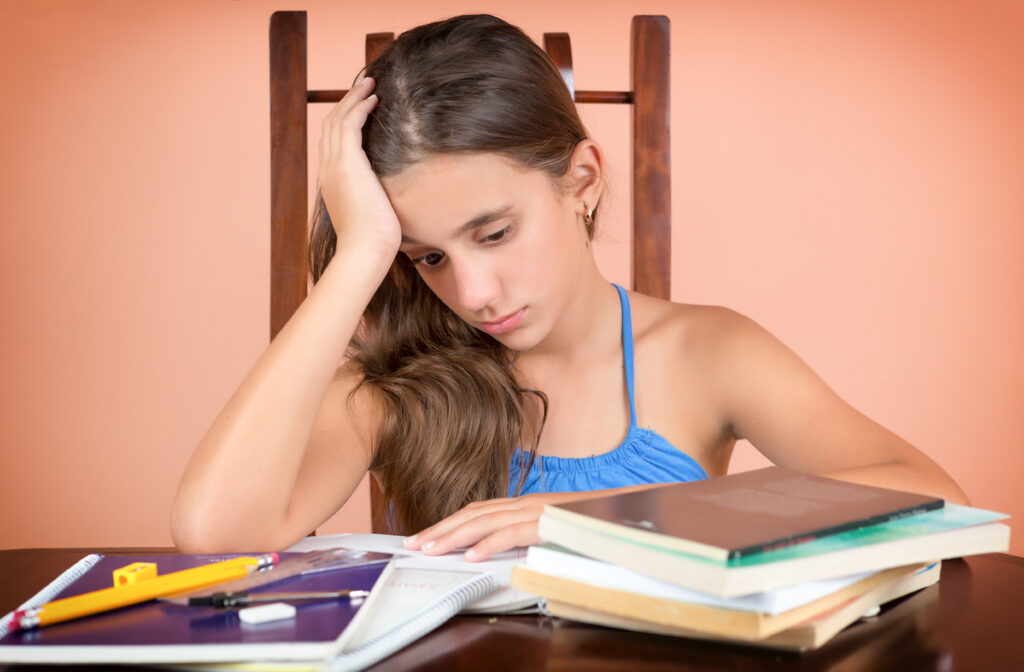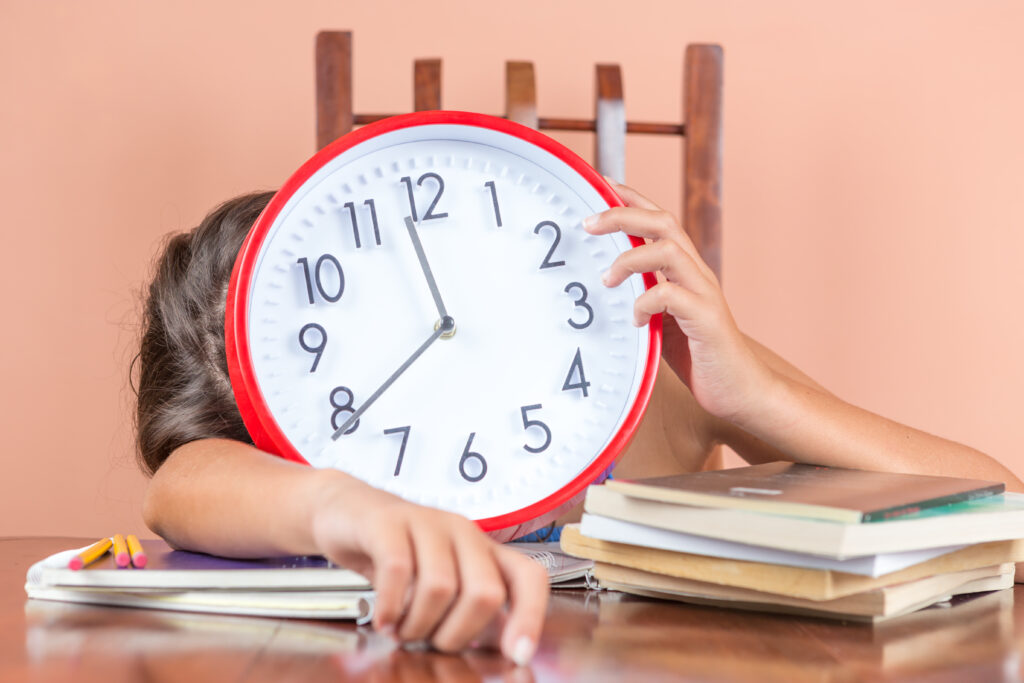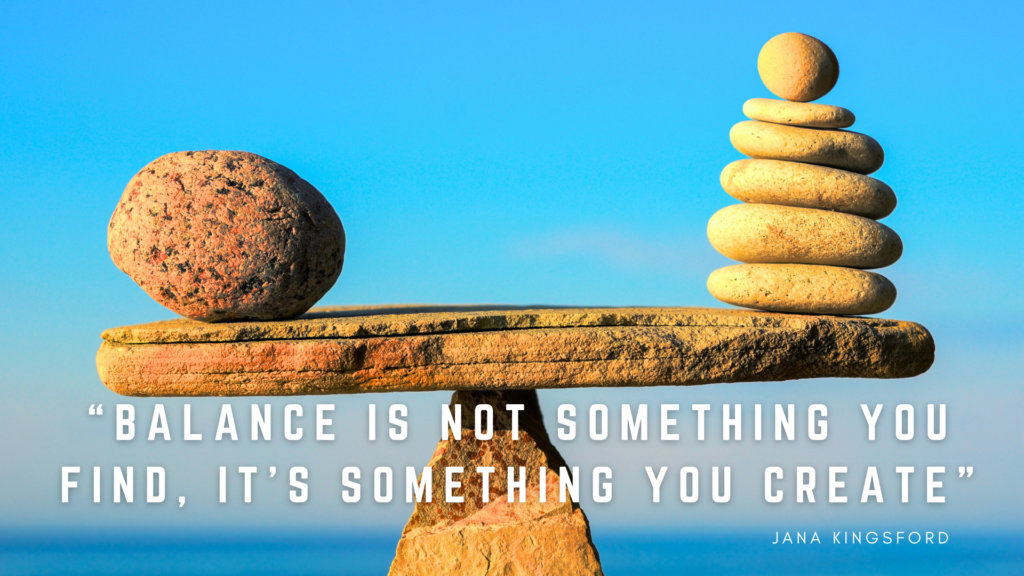How Much Is Too Much – Jennifer Oaten

What do the weekends look like for your children? Water polo Friday night, followed by a sleepover with a friend. Pick up at 8.00 am for athletics, dance, or netball, followed by a birthday party. Sunday starts more gently for some families, with Mass followed by a family lunch and then a BBQ with friends. Everyone rolls in the door at 8.00 pm, exhausted, emotional and tense with others due to exhaustion. Sound familiar?
And then, the situation escalates when a school-age family member realises they have forgotten about a test or an assignment that is due tomorrow. Parents are tired, the child is exhausted, and there is work to be done – a recipe for disaster.
As parents and educators, we want our children to grow and thrive in all aspects of their lives. We want them to explore their interests, develop their talents, and challenge themselves academically.
We also want them to have fun, make friends, and enjoy their childhood. That is why we often encourage them to participate in various extracurricular activities, such as sports, music, art, drama, clubs, and service activities, in addition to a part-time job as they get older and, of course, social events.
There is, however, a fine line between having a rich and varied experience and having an overloaded and stressful schedule. How much is too much when it comes to activities for young people? How can we help them find the balance between doing and being, between learning and resting, and between achieving and relaxing?

The impacts of tiredness on learning
One of the main consequences of excessive activities for children is that they can become physically and mentally exhausted. Tiredness can affect their ability to concentrate, remember, and process information. It can also impair their creativity, problem-solving, and critical thinking skills. It can also reduce their motivation and energy levels for completing tasks at school. These are all essential for academic success.
Tiredness can affect their social wellbeing. It can make them more irritable, anxious, and over-sensitive in interactions with others and impact their resilience to daily challenges. These can all influence interpersonal relationships, which are so crucial to teenagers and vital for personal happiness.
How to help children find the balance
As adults, we have a responsibility to help our children find the balance between activities and rest. This is a parent’s responsibility, not a child’s.
Here are 5 Tips on how to do that:
- Set realistic boundaries. Saying no is one of the hardest parts of being a parent but also one of the most important. Let them choose the activities but develop a realistic schedule with limits, which leaves room for spontaneous activities and events.
- Monitor their workload and stress levels. Check-in with your child regularly and ask them how they are feeling and coping. Look for signs of fatigue, such as headaches, insomnia, mood swings, loss of appetite, or lack of enthusiasm. If you notice any of these, help them reduce or adjust their commitments.
- Encourage them to prioritise and manage their time. Teach your child how to plan ahead, write to-do lists, and organise their tasks. Help them create a balanced schedule that includes time for schoolwork, activities, family, friends, and hobbies.
- Emphasise the importance of rest and relaxation. Make sure your child gets enough sleep, at least eight to ten hours a night. Help them establish a regular bedtime routine that involves winding down and avoiding screens. Also, encourage them to take breaks throughout the day and do something relaxing, such as reading, listening to music, meditating, or breathing exercises, all of which help with the rejuvenation of our bodies.
- Model the behaviour you want to see. Children learn from observing and imitating their parents and teachers. If you want them to find the balance between activities and rest, you need to do the same. Show them that you value your own wellbeing and that you take care of yourself. Share with them your own struggles and strategies for coping with stress and fatigue.

Finding the balance between activities and rest for children is not easy, but it is possible and necessary. By doing so, we can help them achieve their full potential and enjoy not only activities beyond school but also their learning journey.
Let us make this holiday amazing by doing fun activities and bonding with friends, but don’t forget to prioritise rest, relaxation, and taking a moment to just be.

Combating The Attention Span Crisis In Our Students – Jennifer Oaten
It is no secret that attention spans have been steadily declining, especially among younger generations growing up immersed in digital technology. The average person’s attention span when using a digital device has plummeted from around two and a half minutes back in 2004 to just 47 seconds on average today – a dramatic 66% decrease over the past two decades.

With Laurissa Knowles From Valley Depths to Mountain Peaks (1993)
Laurissa Knowles (1993) has had an incredible career journey so far, from Santa Maria College Teacher to Celebrant and Councillor.

Elevating Spaces: Diana Ellis’ Signature Touch & Architecture Magic
What happens when you mix a love for art, travel, nature, and creativity with construction and building? You get the essence of Diana Ellis’ career!
- Featured
Author: Santa Maria College
Santa Maria College is a vibrant girls school with a growing local presence and reputation. Our Mission is to educate young Mercy women who act with courage and compassion to enrich our world. Santa Maria College is located in Attadale in Western Australia, 16 km from the Perth CBD. We offer a Catholic education for girls in Years 5 – 12 and have 1300 students, including 152 boarders.






